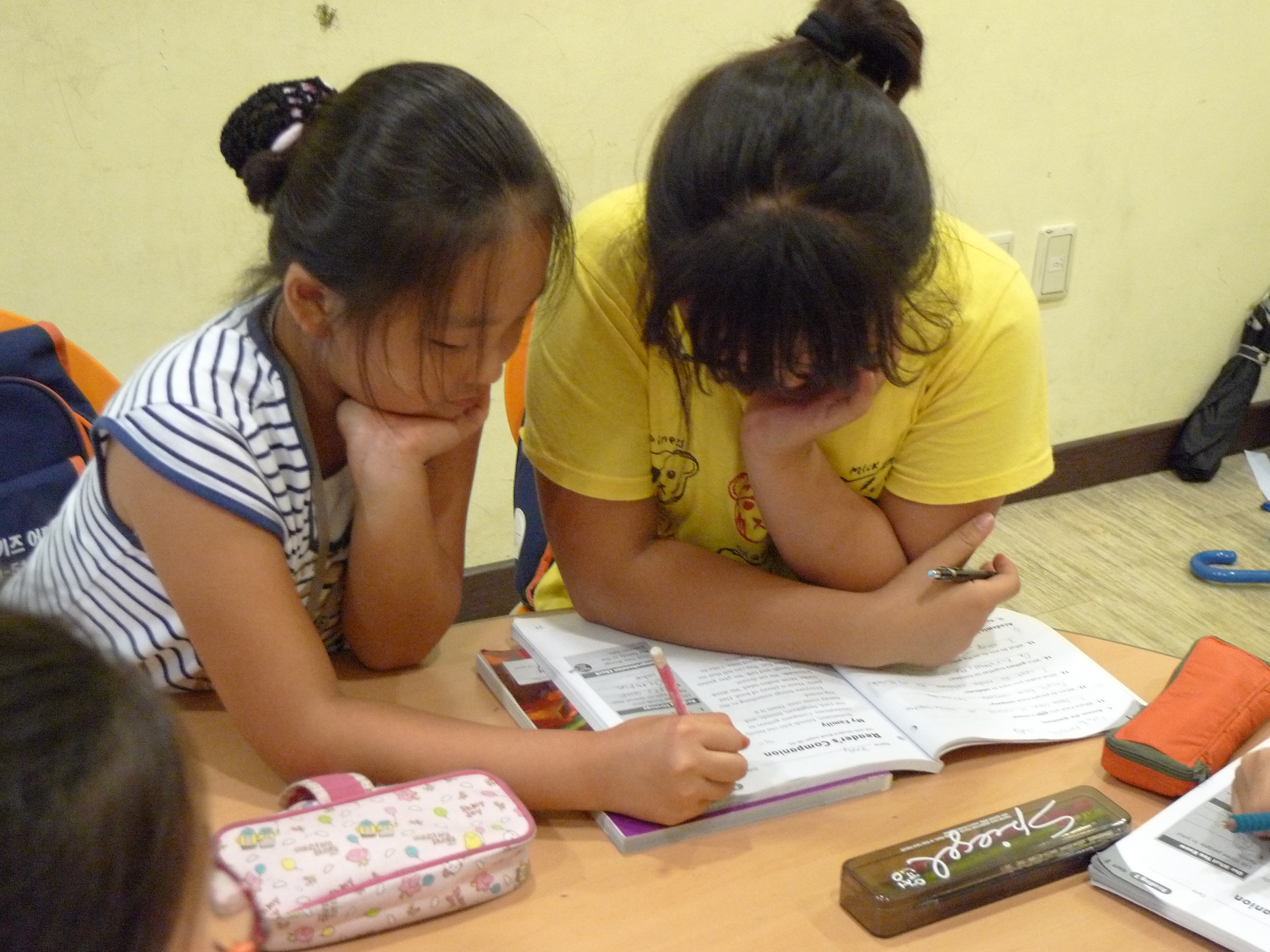The Korean Teachers and Education Workers Union (KTU) has called on the Seoul government to remove all Native English Teachers from public schools. Having taught in Korea from 2003 to 2010, it is understandable why the Union should demand this. The fault is not on the teachers but the government for not setting the NETs up to help students learn English.
I currently teach in Hong Kong in a government Primary School (Grades 1-6). Hong Kong NETs teacher must have five years experience teaching English before applying. NETs must have a Teaching English Certificate (TESOL) from a government certified provider. They are Trinity College or through Cambridge. The TESOL cannot be done online and must have lesson observations. NETs need to graduate from a University which uses only English. Where they are from, does not matter. These are the basic requirements. There is a restriction of pay for those without a teaching degree.
NET Teachers must undergo a three-week training session before teaching in the class. There is a section of the Education Department tasked to help the NETs. It’s staffed by NETs with at least ten years of services, a Teaching Degree and a Masters of Education in English. The section helps develop professional development courses workshops for NETs and local teachers. They also develop literacy programs for NETs and Local teachers based.
In the school, my rank is the same as a department head. I act as a consultant to look at ways to help the kids learn the language. Co-planning and co-teaching are mandatory. I also need to lead various professional development classes for my colleagues. My pay is the same rate as local teachers with nine years of experience. It increases every year as with other local teachers. In short, I am treated like a teacher and have the same responsibilities as one.
My school is a small local school where 30% of the students come from single-parent families. The chances of our students to mix and mingle with a native speaker are less than zero.
The question of removing NETs from classrooms of Seoul is essential. I’d argue the discussion should also be about what the government is willing to pay, train and who they will hire. It is necessary to have a Native Speaker in the classroom as long as they are trained and supported.
